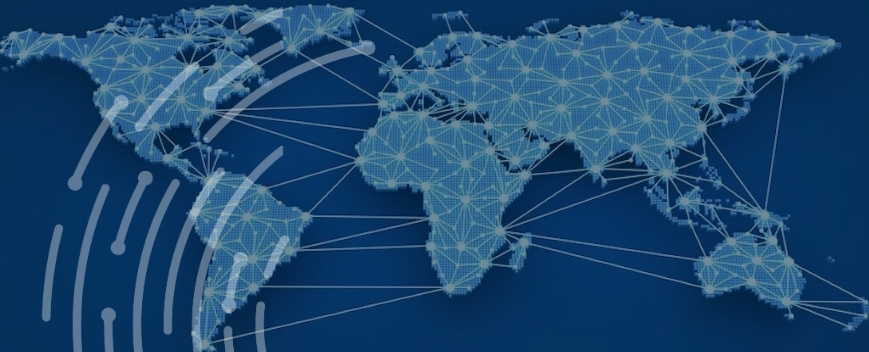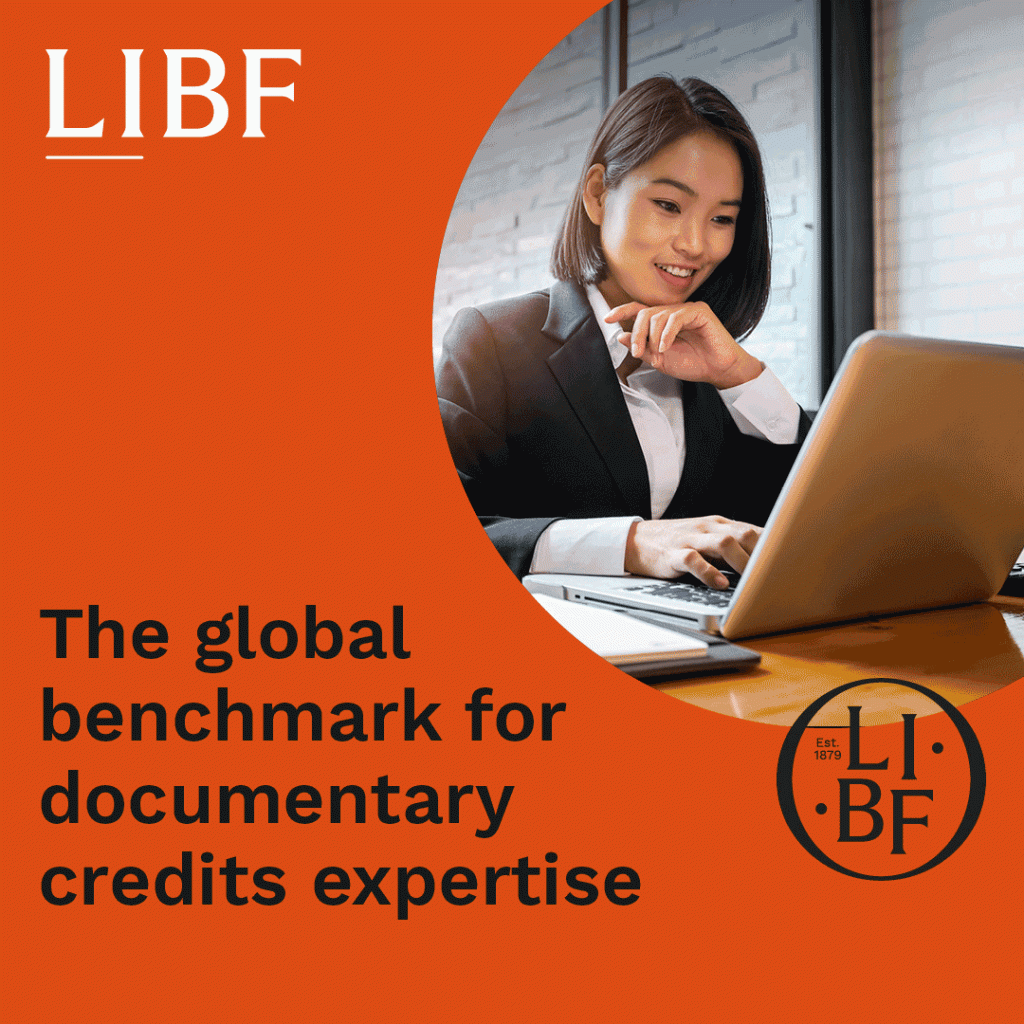Benefits of Letters of Credit

Access trade, receivables and supply chain finance
We assist companies to access trade and receivables finance through our relationships with 270+ banks, funds and alternative finance houses.
Get Started
ADVERTISEMENT
Contents
Risk Mitigation and Benefits
Risk Mitigation
International trade transactions often involve buyers and sellers residing in countries with different legal systems, currencies, market practices, customs, trade, and exchange control regulations.
Buyers can face challenges in evaluating the credibility of foreign suppliers and have to bear the risks associated with the seller failing to fulfil its contractual obligations. This can include non-delivery or delayed delivery of the goods or goods that do not meet the quality standards agreed upon in the contract.
Given the challenge of remedying these issues in a foreign and unfamiliar legal system, buyers naturally prefer to commit to making payment only after receiving the goods to their satisfaction.
Likewise, sellers must bear the risk of non-payment and, if that occurs, would need to take legal action against the buyer in the buyer’s country. This means that sellers naturally prefer to receive payment before making a shipment.
This dynamic, where buyers only want to pay after delivery, but sellers want to receive payment before shipping, creates an imbalance in the system. Documentary credits provide a mechanism to address and help resolve these conflicting interests.
UCP 600 and International Standard Banking Practice (ISBP) publication 821 govern documentary credits and provide the rules and practice for the examination of documents. As such, when traders deal under the terms of a documentary credit, there is a reduced likelihood of misunderstanding or misinterpretation, which helps to minimise the risk of unforeseen disputes.
To avail upon the benefit of the documentary credit mechanism, it is vital for the beneficiary to clearly state the terms and conditions of the documentary credit, including which documents are needed and which party should issue them. Likewise, the beneficiary must submit the documents stipulated in the documentary credit’s terms and conditions.
Benefits
The benefits of documentary credits differ depending on which side of the transaction a party finds themselves on.
For the buyer in an international transaction (i.e., the applicant), the primary benefits are assurance that:
- In most cases, they will only need to make payment after the shipment has been made.
- The seller will submit the documents required by the credit which should allow for customs clearance needs.
- The issuing bank will examine the submitted documents for compliance with the terms and conditions of the credit before payment is made.
For the seller in an international transaction (i.e., the beneficiary), the primary benefits of a documentary credit are that:
- The risk of payment under the sales contract shifts from the buyer to the issuing bank (which may have a credit rating which exceeds the applicant’s). The credit is independent of the sales contract and in instances where a presentation complies with the credit, the issuing bank is obligated to pay. In the event they do not pay, for whatever reason, the seller can still rely on the sales contract from its buyer.
- A documentary credit cannot be cancelled or amended without beneficiary agreement since a documentary credit is, by definition, irrevocable.
- The issuing, confirming or nominated bank which agreed to act upon its nomination, if there is one, will make payment upon presentation to them of complying documents.
- There is the possibility of further recourse to a confirming bank. (This is useful if the seller has concerns regarding the political, or legal landscape for the buyer’s country or the credit rating of the issuing bank).
Our trade finance partners
- Letters of Credit / Documentary Credit Resources
- All Letters of Credit Topics
- Podcasts
- Videos
- Conferences




















